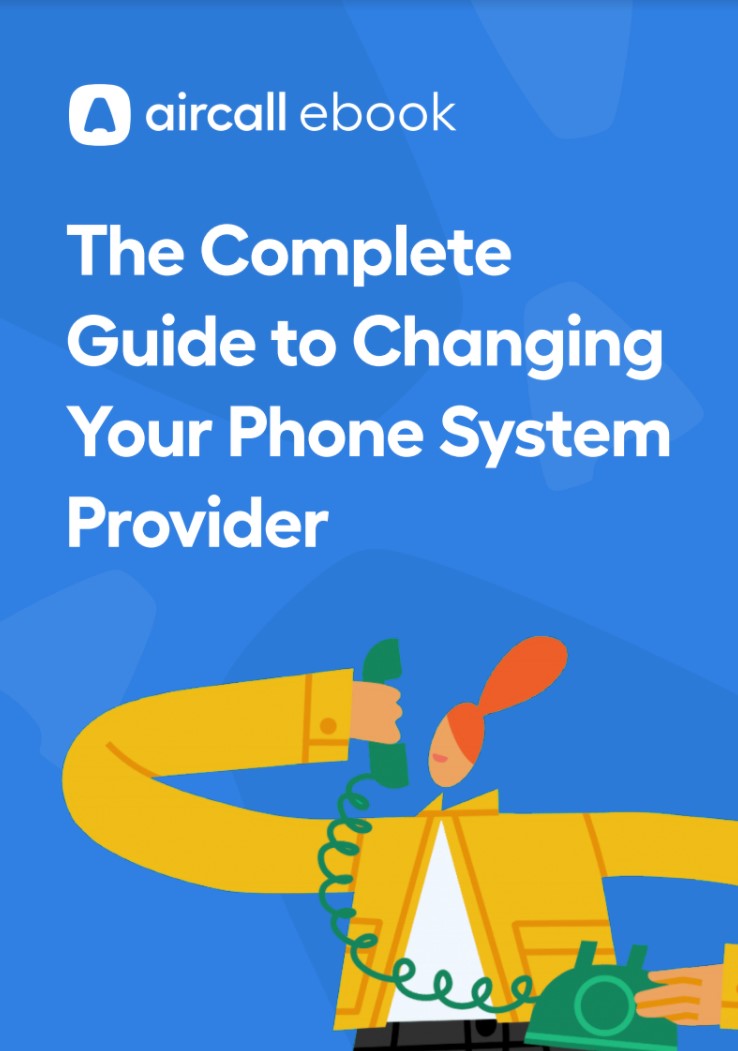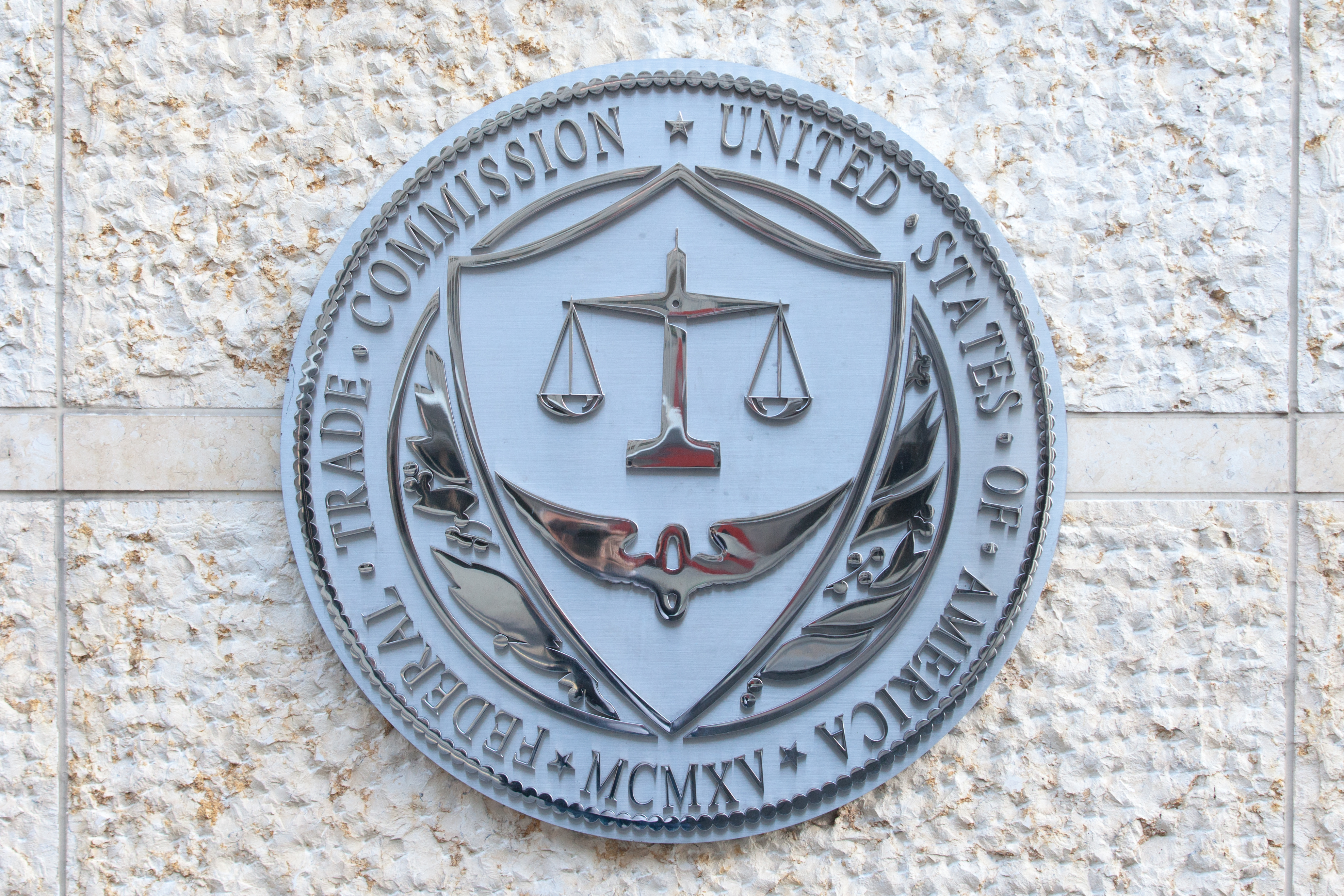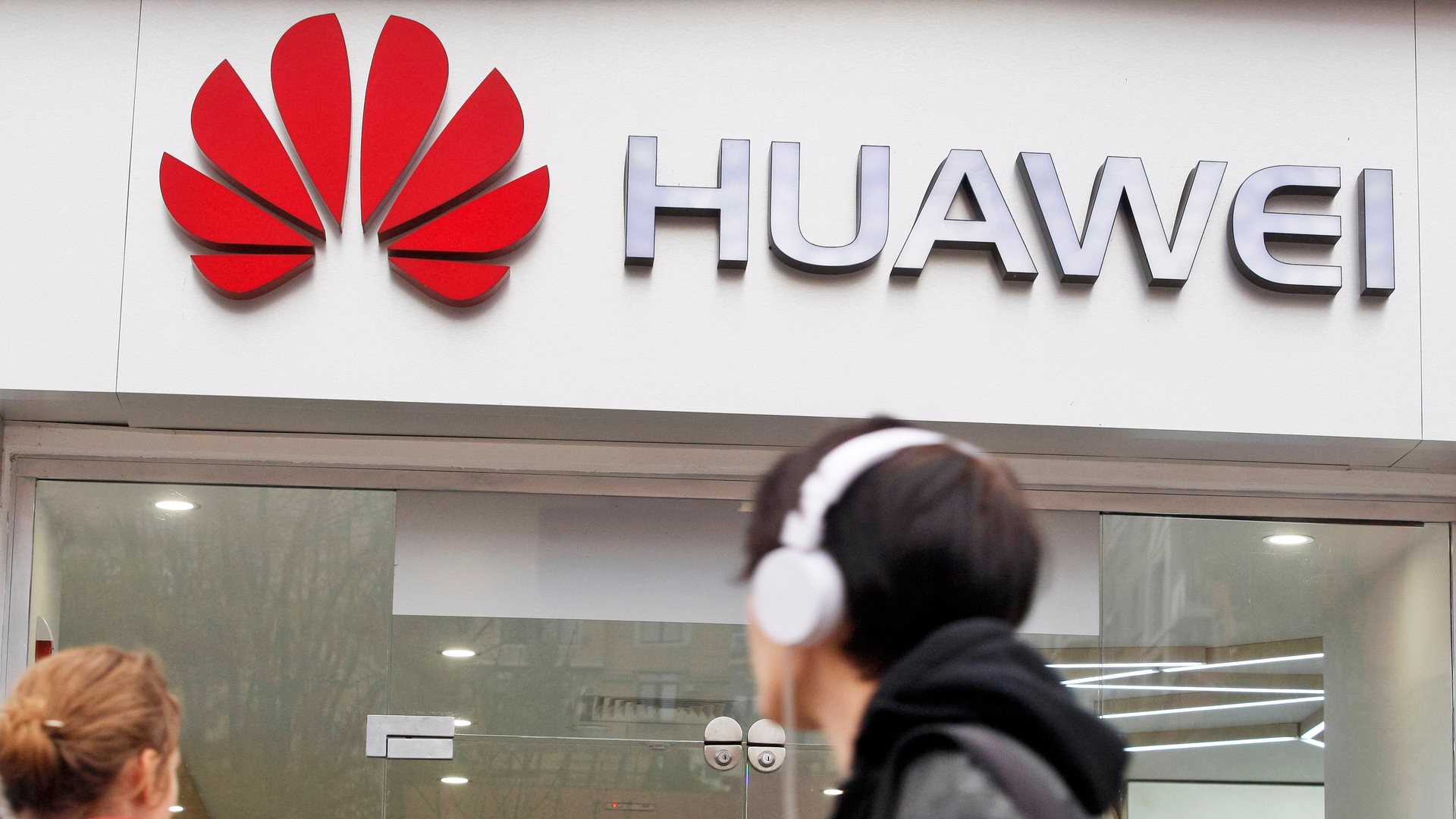Broadband industry sues New York over $15 price cap
Companies argue FCC regulations forbid this type of state-level regulation


The broadband industry is suing the State of New York to stop it from imposing a $15-per-month cap on broadband fees for low-income families.
The state passed a law in mid-April to provide affordable internet access for approximately seven million New Yorkers across 2.7 million households. Eligible recipients included those who received free or reduced-price lunches, supplemental nutrition assistance program (SNAP) benefits, Medicaid, senior citizen or disability rent protection, or affordability benefits from utilities.
The Empire State also unveiled an Affordable Broadband Portal to help New Yorkers find the affordable broadband options in their area and announced an in-depth statewide broadband mapping study to find broadband availability, reliability, and cost.
On Friday, a collection of industry groups filed suit against New York State Attorney General Letitia James, arguing states can't regulate broadband services. The suit contends the Federal Communications Commission (FCC) ruled in 2018 that broadband is an interstate information service that can't be regulated as a common-carrier service.
"The Rate Regulation expressly seeks to set the rates and speed of an interstate communication services," it said. "No state has ever successfully engaged in such regulations."
The FCC's 2018 ruling under chairman Ajit Pai came after a public consultation fraught with controversy. It was hotly contested because it changed the Commission's view of broadband communications from a common-carrier utility to a luxury, relaxing its control over broadband ISPs and effectively overturning federal net neutrality rules.
RELATED RESOURCE

The complete guide to changing your phone system provider
Optimise your phone system for better business results
While the ruling included language to stop states from regulating broadband themselves, the ability to pre-empt state decisions hasn't been tested in court. The broadband industry is arguing the point in a legal battle with California, which seeks to impose state-level net neutrality laws.
Get the ITPro daily newsletter
Sign up today and you will receive a free copy of our Future Focus 2025 report - the leading guidance on AI, cybersecurity and other IT challenges as per 700+ senior executives
Broadband providers already serve low-income users via programs like Lifeline and the new Emergency Broadband Benefit, which comes into effect this month, the lawsuit added.
The New York State Telecommunications Association, the CTIA, ACA Connects, USTelecom, the NCTA, and the Satellite Broadcasting & Communications Assocation filed the suit.
New York governor Andrew Cuomo dismissed the broadband industry's complaint.
"I knew giant telecom companies would be upset by our efforts to level the playing field, and right on cue, they're pushing back," he said, pointing to the need for lower-cost connectivity during the pandemic. "This is nothing more than a transparent attempt by billion-dollar corporations putting profit ahead of creating a more fair and just society."
As part of its announcement last month, the state also launched ConnectED NY, an emergency fund to provide 50,000 economically disadvantaged students with free internet access until June 2022.
Danny Bradbury has been a print journalist specialising in technology since 1989 and a freelance writer since 1994. He has written for national publications on both sides of the Atlantic and has won awards for his investigative cybersecurity journalism work and his arts and culture writing.
Danny writes about many different technology issues for audiences ranging from consumers through to software developers and CIOs. He also ghostwrites articles for many C-suite business executives in the technology sector and has worked as a presenter for multiple webinars and podcasts.
-
 Cleo attack victim list grows as Hertz confirms customer data stolen
Cleo attack victim list grows as Hertz confirms customer data stolenNews Hertz has confirmed it suffered a data breach as a result of the Cleo zero-day vulnerability in late 2024, with the car rental giant warning that customer data was stolen.
By Ross Kelly
-
 Lateral moves in tech: Why leaders should support employee mobility
Lateral moves in tech: Why leaders should support employee mobilityIn-depth Encouraging staff to switch roles can have long-term benefits for skills in the tech sector
By Keri Allan
-
 Google, Microsoft fight over documents in antitrust lawsuit
Google, Microsoft fight over documents in antitrust lawsuitNews The search giant claims Microsoft won’t hand over records, while Microsoft asks why it should
By Mike Brassfield
-
 Federal court extends FTC deadline in its Facebook antitrust case
Federal court extends FTC deadline in its Facebook antitrust caseNews Commission has until August 19 to file a new antitrust complaint
By Danny Bradbury
-
 Facebook asks FTC chair to recuse herself from antitrust case
Facebook asks FTC chair to recuse herself from antitrust caseNews Petition takes a leaf from Amazon's playbook
By Danny Bradbury
-
 Huawei, Verizon settle patent lawsuit
Huawei, Verizon settle patent lawsuitNews Verizon called Huawei’s lawsuits “a sneak attack”
By Mike Brassfield
-
 Attorneys general from 37 states sue Google over 'unlawful Play Store monopoly'
Attorneys general from 37 states sue Google over 'unlawful Play Store monopoly'News Lawsuit claims that the tech giant allegedly paid off Samsung and app developers too
By Zach Marzouk
-
 Social media advocates sue Florida over new law
Social media advocates sue Florida over new lawNews Big tech industry organizations aim to strike down SB7072
By Danny Bradbury
-
 Washington, DC sues Amazon for alleged antitrust violations
Washington, DC sues Amazon for alleged antitrust violationsNews E-commerce giant unfairly raises prices and suppresses innovation, says Washington, DC AG
By Danny Bradbury
-
 FTC and states sue Frontier Communications for misrepresenting internet speeds
FTC and states sue Frontier Communications for misrepresenting internet speedsNews Suit alleges Frontier offered higher speeds than it could offer in rural areas
By Danny Bradbury